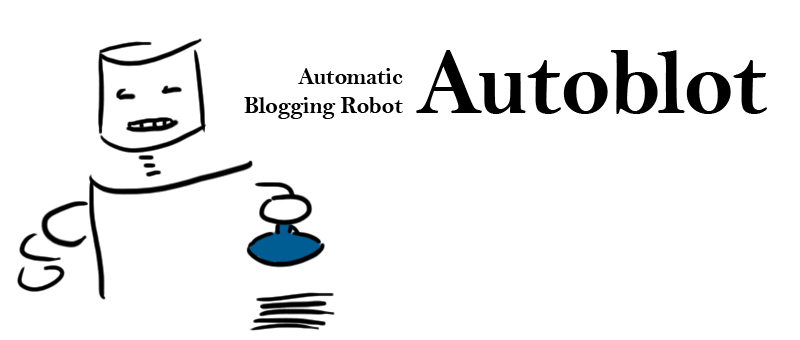You had a link on your blog that I found odd. I read it because the title sounded interesting. But I found the post mainly bashed Christianity and called Christians simpleminded.
Why would you have a link to that website? I am not mad, I just don't understand and am curious.
You've helped me see how I haven't been particularly clear on my blog. Thanks for giving me the opportunity to explain:
The post in question is one I added to my Other Posts of Note. I read tons of blog posts every day and like to link to the ones I find interesting or noteworthy. I don't necessarily agree with the posts, like their message, or appreciate their tone, but I find the post is worth noting. I tend to include things that make me smile or make me think. In the case of the post you mention, I found it very provocative and spoke to some very real issues I've seen in the homeschool world. I included it because I found the post caused me to again think about some very real issues.
I don't like being bashed and called simpleminded either. But I do find it fascinating to learn why someone would consider me simpleminded and worthy of bashing. I find that those who would disagree with me often have insights I don't.
Please feel free to write to me if you'd like me to share why I found a particular post noteworthy. I'm happy to try to explain the crazy stuff going on inside my head <smile>.
By the by, if you have 12 minutes at some point this weekend, I found the video in this post to be particularly fascinating this week.
Enjoy!
~Luke Holzmann
Filmmaker, Writer, Empty Nester





